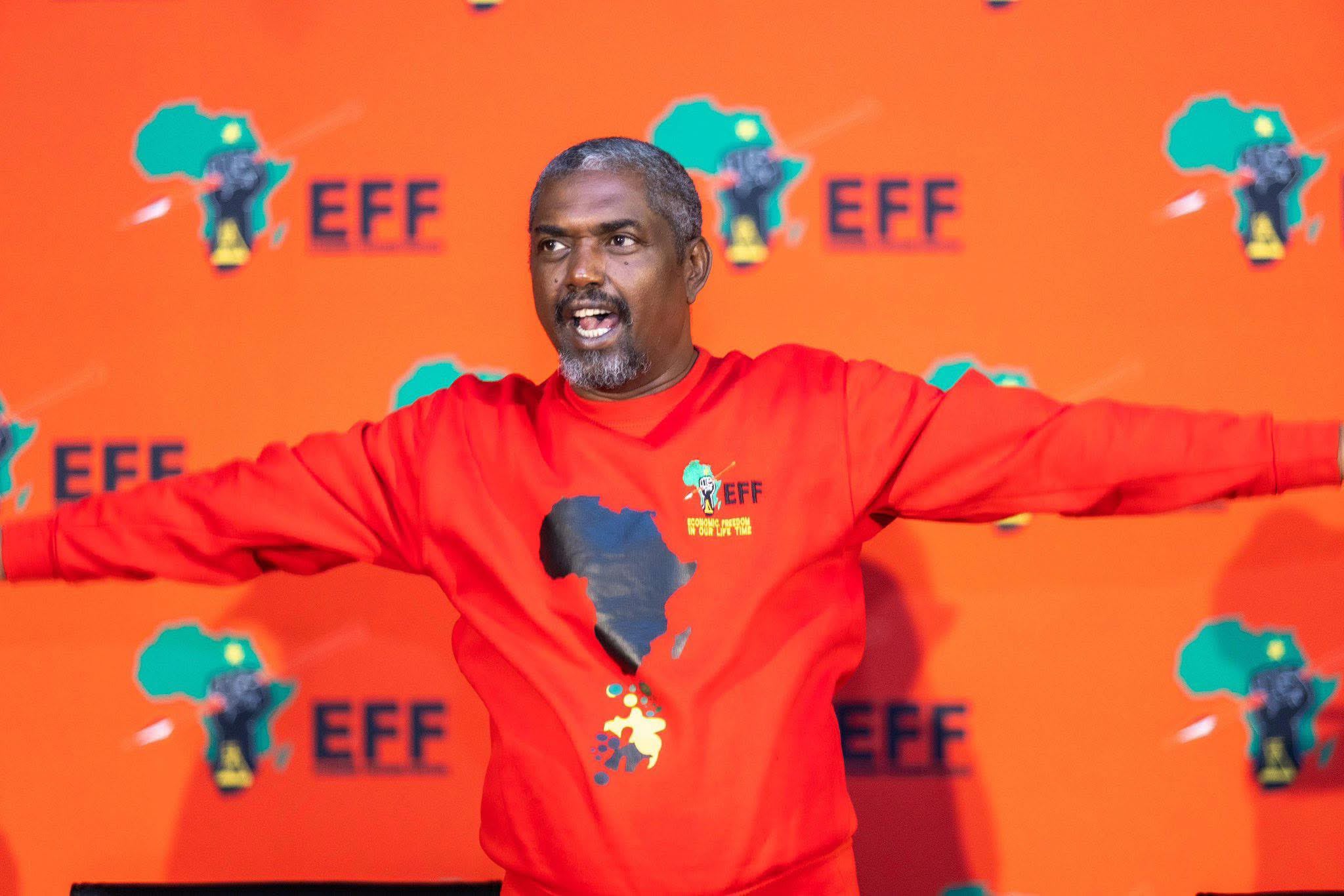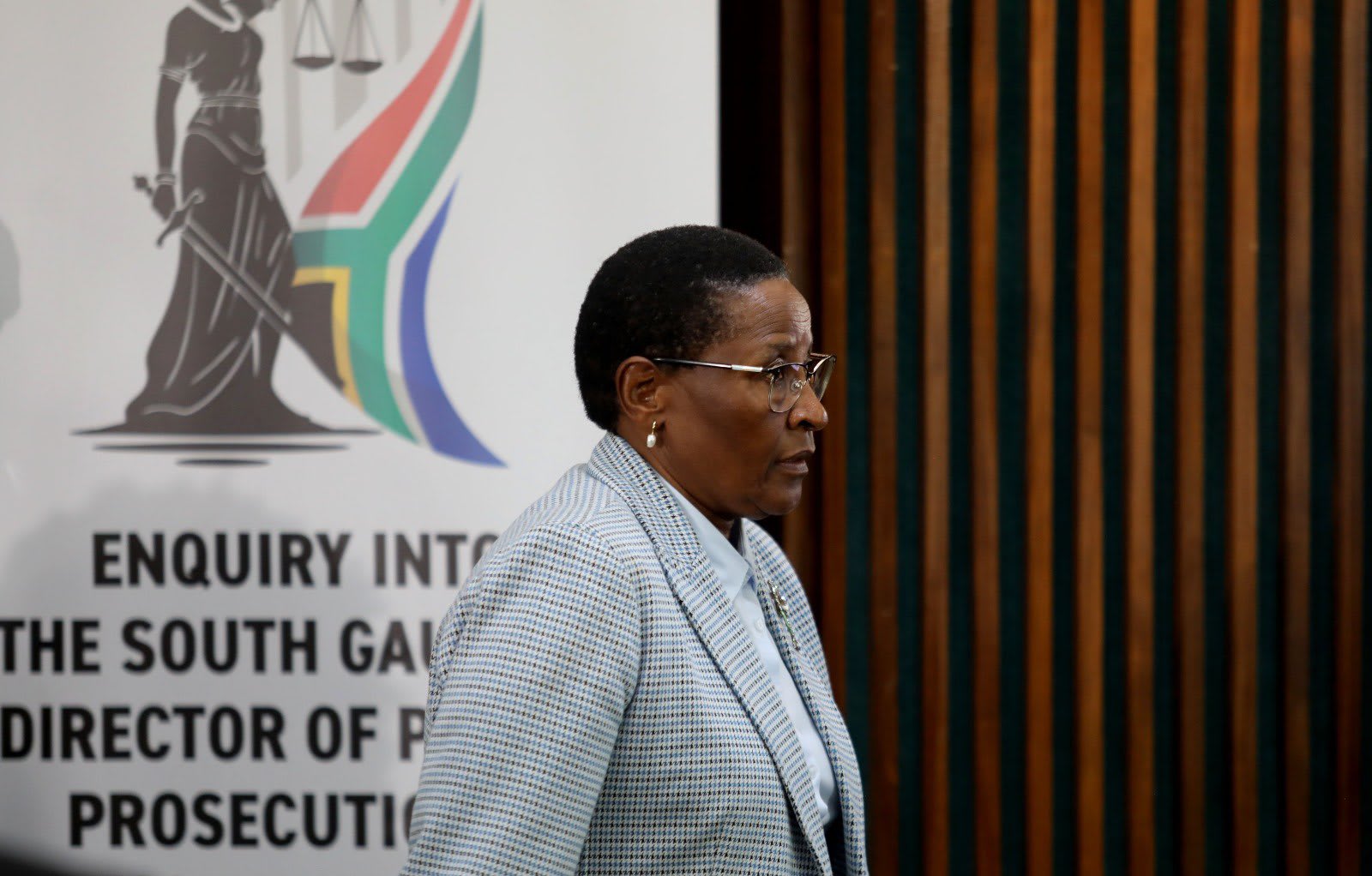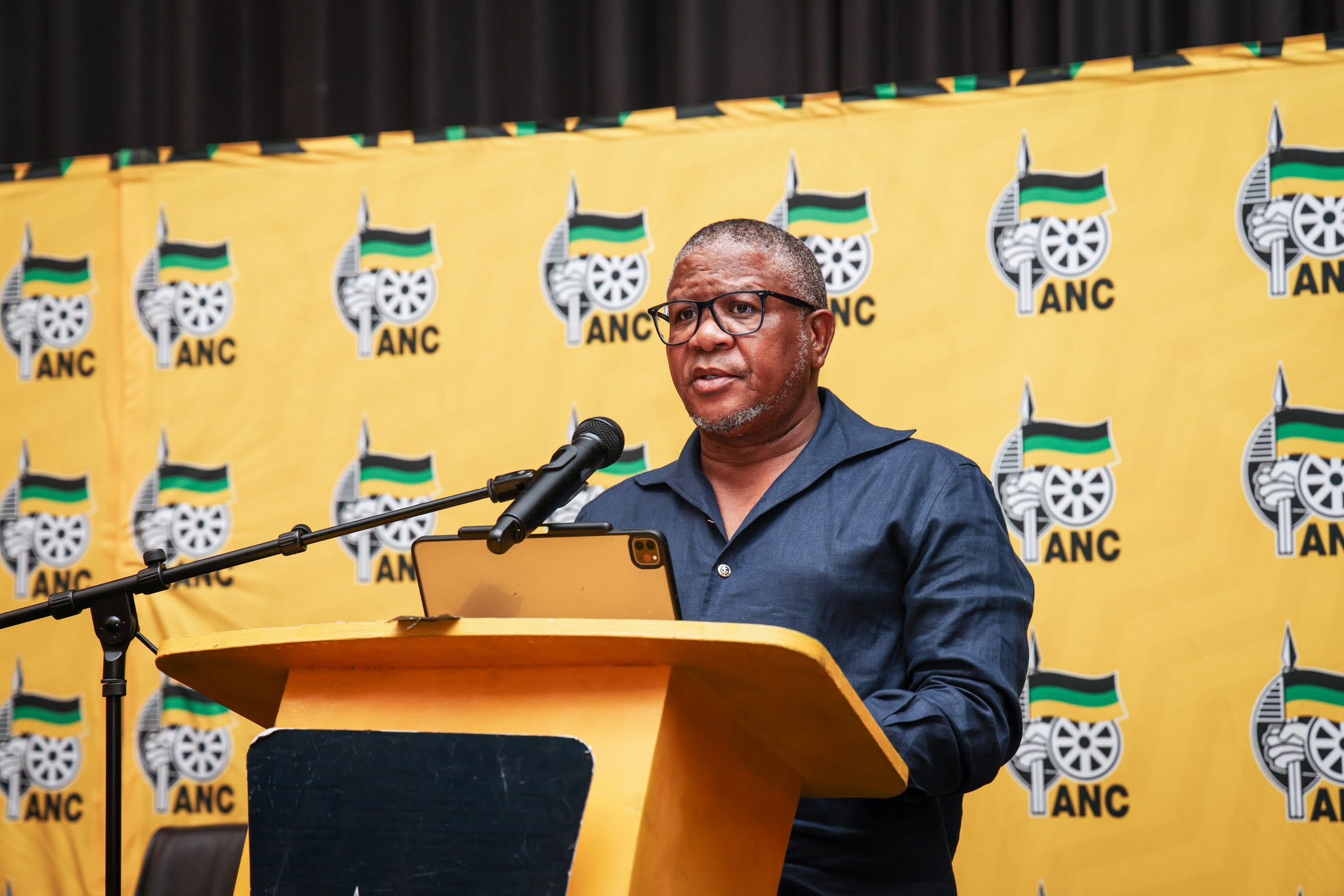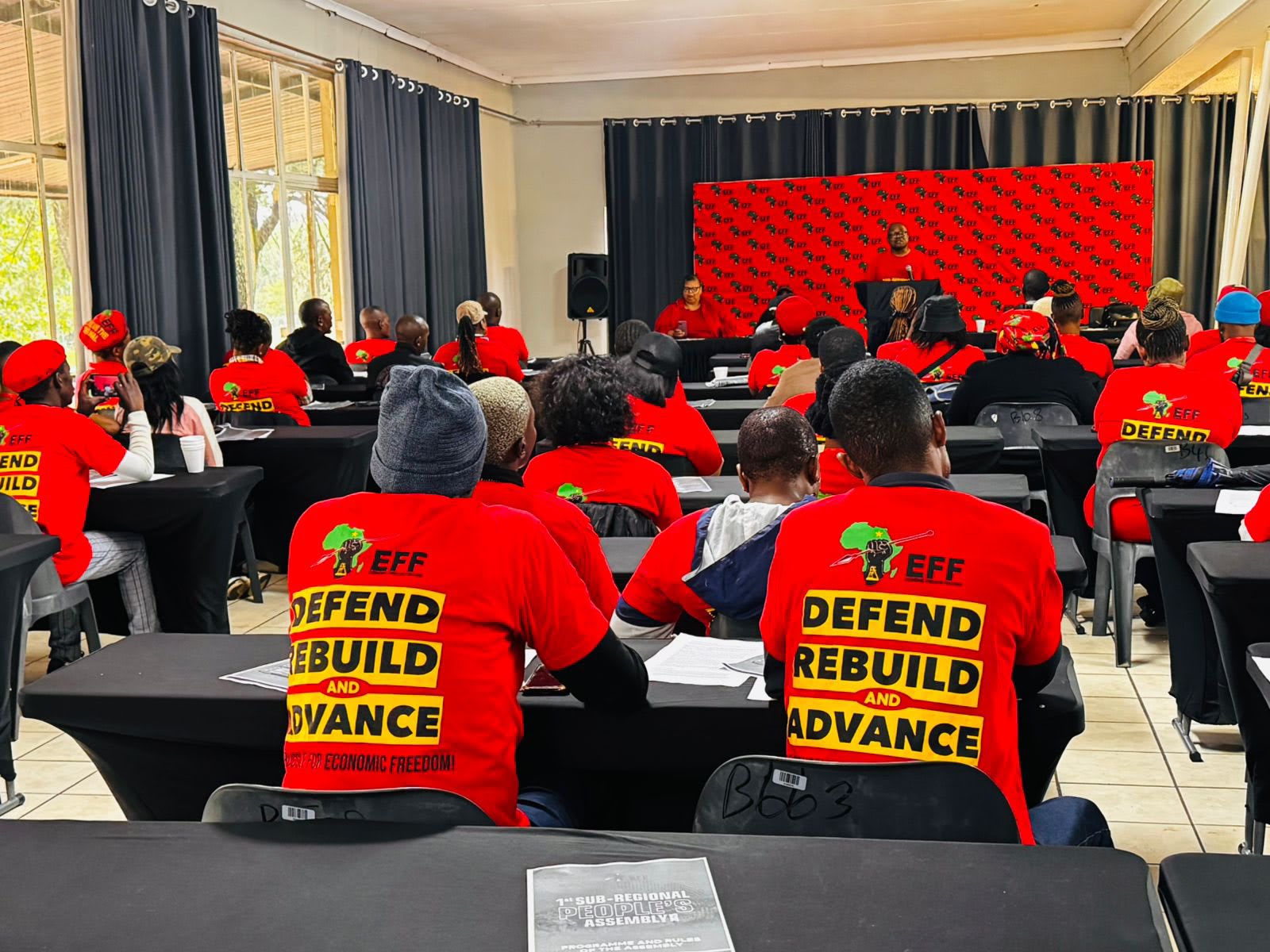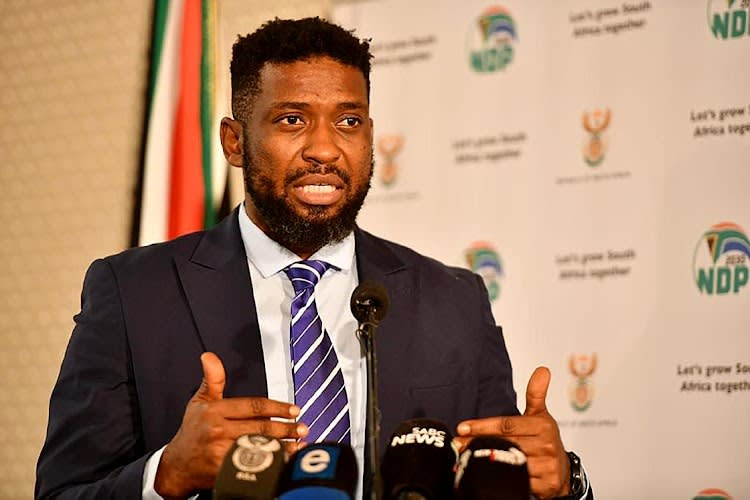PKTT
1Min
South Africa
Nov 4, 2025
Deputy Minister of Police Polly Boshielo has expressed disappointment and concern after learning that Minister of Police Senzo Mchunu issued a directive to disband the Political Killings Task Team (PKTT) without consulting her or engaging in what she believes should have been a collaborative process.
Deputy Minister of Police Polly Boshielo has voiced her frustration over Minister Senzo Mchunu’s unilateral decision to disband the Political Killings Task Team (PKTT), saying she was neither consulted nor informed beforehand.
Testifying before the parliamentary ad hoc committee investigating corruption in the criminal justice system, Boshielo said she first learned of the decision when a letter circulated on social media. She initially dismissed it as fake until Mchunu called her in January to confirm that the document was genuine. “I was disappointed because I thought we were working together,” she said.
The letter, dated 31 December, was addressed to National Police Commissioner General Fannie Masemola and instructed him to immediately dissolve the task team. The PKTT had been established to investigate and curb politically motivated killings, particularly in KwaZulu-Natal, where such crimes have long been a national concern.
Boshielo told the committee that while she recognised Mchunu’s authority as minister, she believed the decision required consultation between the executive authority and the accounting officer. “Had I been given the opportunity, I would have made inputs on how best to implement or restructure the team,” she said, stressing that cooperation within the ministry was essential for effective governance.
Mchunu defended his directive, arguing that it fell within his constitutional powers. He cited fiscal constraints and the need to redirect police resources to broader priorities beyond political killings. However, the decision has drawn scrutiny from parliament and raised questions about internal coordination and transparency in the ministry’s leadership.
Boshielo described the situation as a clash of leadership styles rather than a political fallout, but said the manner in which the decision was handled undermined trust and communication within the ministry. “It would have been better if there was engagement before the decision was finalised,” she said.
The ad hoc committee is expected to continue probing the matter, focusing on the processes that led to the disbandment and the potential impact on investigations related to political violence. The episode has reignited debate about the separation of powers within the Police Ministry and the importance of accountability in managing critical law-enforcement units.
In the end, the dispute between Boshielo and Mchunu highlights the fragility of collaboration in government departments where authority and operational responsibility overlap. It underscores the need for transparency, teamwork and consultation, particularly in matters that carry national security and political implications.





